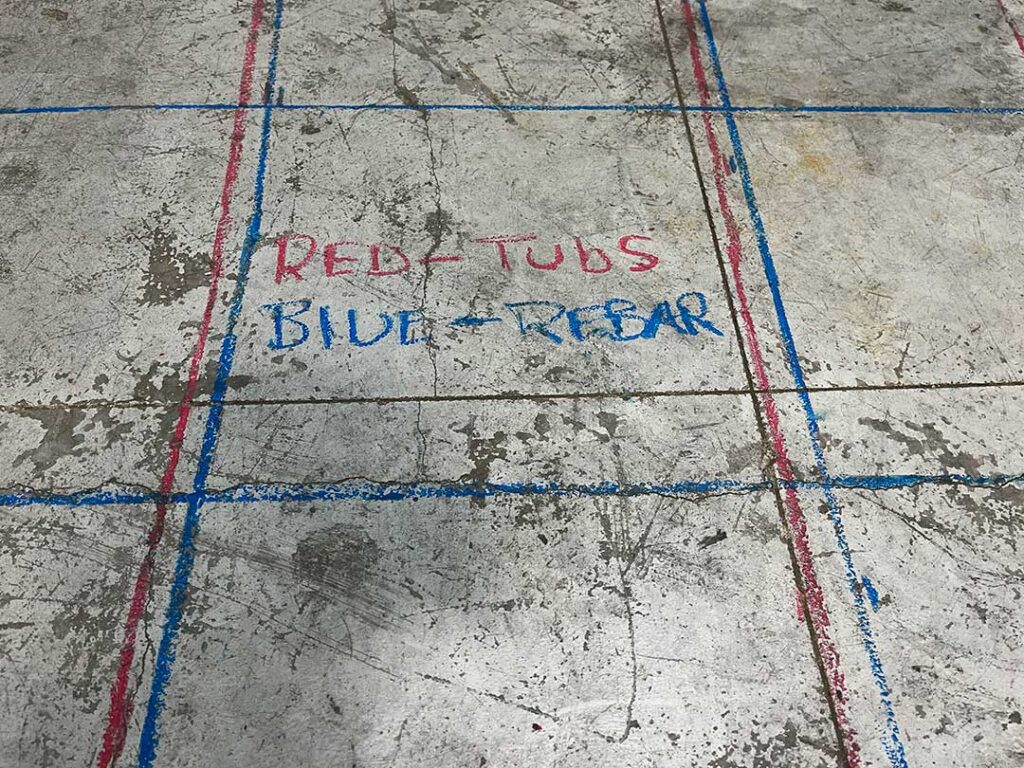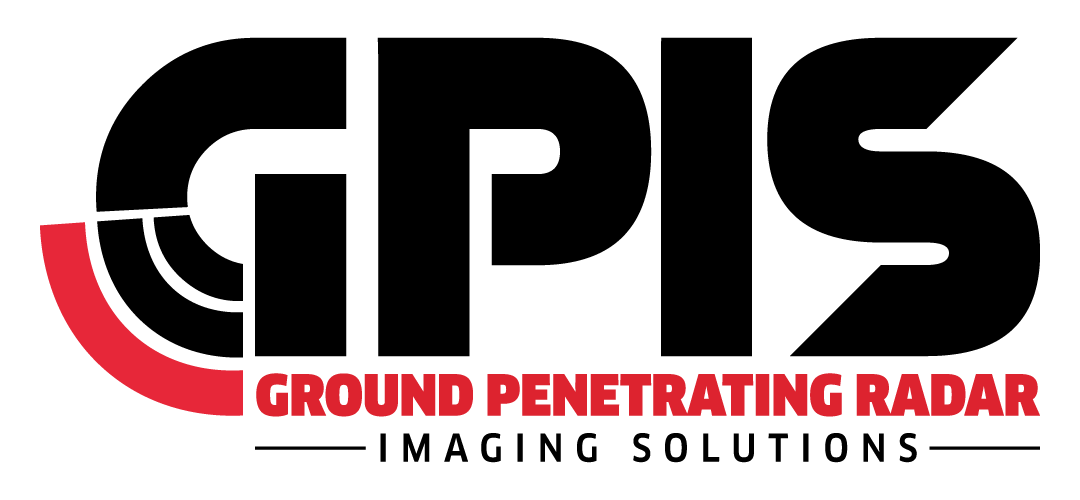GPIS GPR Concrete Scanning Chicago
Chicago area’s Ground Penetrating Radar (GPR) Concrete Scanning and Imaging Experts.
SCHEDULE YOUR FREE QUOTE
GPR Concrete Scanning Chicago
Ground Penetrating Radar (GPR) is a crucial tool for construction projects in Chicago. It provides precise detection of electrical conduits and post-tension cables. This nondestructive method offers a detailed view of the subsurface, enabling construction teams to strategize effectively and optimize their workflow. At GPIS GPR Concrete Scanning our detailed area scanning in Chicago employs GPR technology to ensure thorough site analysis.
Safety Is Our Top Priority
Are you worried about hidden hazards in your concrete structures? Ground penetrating radar (GPR) offers safe, non-destructive scanning. Our services at GPIS GPR Concrete Scanning ensure precise detection of rebar, cables, and conduits.
Ground Penetrating Radar (GPR) helps to safely and precisely detect hidden hazards like rebar, electrical conduits, and post-tension cables in concrete structures.
Concrete scanning prevents accidents and injuries by identifying specific subsurface dangers before cutting or drilling begins on construction sites in Chicago.
Accurate detection of structural elements such as rebar and cables ensures structural integrity, supporting safer construction and renovation projects.
Non – destructive testing using GPR provides clear images of what lies beneath the surface without damaging the concrete, aiding better planning.
GPIS GPR Concrete Scanning & Concrete Imaging has years of experience ensuring safe construction practices through advanced concrete scanning technology.
Technologies Used in Concrete Scanning
Ground Penetrating Radar (GPR)

Ground Penetrating Radar (GPR) helps scan concrete without damage. It uses radio waves to find materials like rebar and pipes inside the concrete slab. This technology ensures workers avoid hidden dangers before cutting or drilling, keeping the worksite safe.
Concrete scanning with GPR is essential for any building project in Chicago. It accurately detects electrical conduits, post-tension cables, and utility lines. This nondestructive method gives a clear image of what lies beneath the surface, helping construction teams plan better and work efficiently.
GPR Concrete Scanning Chicago Imaging Technology
Concrete Imaging Technology helps find hidden objects inside concrete, including rebar, cables, and conduits. We use Ground-Penetrating Radar (GPR) to scan the area in detail. GPR uses radio waves for accurate imaging without breaking the surface. “Concrete scanning ensures construction safety,” says a technician.
This technology is vital for safe construction and renovation projects. It identifies hazards before any cutting or drilling begins. Knowing these details prevents damage and increases job site safety. This detailed imaging allows for better planning of structural integrity assessments…
Importance of Concrete Scanning
Concrete scanning in Chicago helps find hidden dangers underground. Concrete scanning is crucial for keeping construction sites safe. It helps find hidden dangers beneath the surface, ensuring everyone stays protected.
Safety Precautions for Construction Sites
Workers must watch out for hidden dangers underground. Ground Penetrating Radar (GPR) helps find these risks, keeping everyone safe on the job. This tool can spot electrical wires, rebar, and post-tension cables before cutting or drilling begins.
Post-tension cables are very dangerous. GPR imaging shows where they are to avoid hitting them by mistake, which could cause serious injuries or damage buildings. Workers use this high-frequency radio signal method to do tests without causing harm while staying safe at work.
Identification of Subsurface Hazards
Our team uses ground penetrating radar (GPR) to spot risks like electrical lines, rebar, and post-tension cables. This technology shows clear images of what lies below the concrete surface.
Finding these hazards can stop accidents when cutting or drilling. It is key for safe work on structural slabs, beams, and columns. GPR tools give exact depth measurements to protect important structures from damage. High-frequency radio waves create sharp images that aid in project planning.
Importance of Concrete Scanning
Concrete scanning in Chicago helps find hidden dangers underground. Concrete scanning is crucial for keeping construction sites safe. It helps find hidden dangers beneath the surface, ensuring everyone stays protected.
Safety Precautions for Construction Sites
Workers must watch out for hidden dangers underground. Ground Penetrating Radar (GPR) helps find these risks, keeping everyone safe on the job. This tool can spot electrical wires, rebar, and post-tension cables before cutting or drilling begins.
Post-tension cables are very dangerous. GPR imaging shows where they are to avoid hitting them by mistake, which could cause serious injuries or damage buildings. Workers use this high-frequency radio signal method to do tests without causing harm while staying safe at work.
Identification of Subsurface Hazards
Our team uses ground penetrating radar (GPR) to spot risks like electrical lines, rebar, and post-tension cables. This technology shows clear images of what lies below the concrete surface.
Finding these hazards can stop accidents when cutting or drilling. It is key for safe work on structural slabs, beams, and columns. GPR tools give exact depth measurements to protect important structures from damage. High-frequency radio waves create sharp images that aid in project planning.
Applications of Concrete Scanning
Concrete scanning helps find hidden items, like cables and pipes. It also checks if buildings are strong.
Detection Of Rebar, Cables, And Conduits
Detection of rebar, cables, and conduits is vital for construction safety. GPIS Concrete Scanning & Concrete Imaging uses advanced tools to locate these elements accurately.
- Ground Penetrating Radar (GPR) Technology: GPR equipment uses radio waves to scan and map the area within a concrete slab, providing clear images.
- Rebar Detection: Rebars, or reinforcing steel bars, strengthen concrete structures. Our GPR technology detects their positions to avoid accidental cutting.
- Cable Identification: Post-tensioned cables have high tension. Locating them ensures no damage during construction tasks like drilling or coring.
- Conduits Location: Electrical conduits house electrical wiring. Knowing their exact spots helps prevent power outages and hazards from accidental cuts.
- Concrete Thickness Measurement: GPR scans measure the depth of concrete slabs. This information guides safe cutting and coring operations.
- Non-Destructive Testing Methods: Ground penetrating radar offers non-invasive solutions. It reveals subsurface details without damaging the structure.
Assessment of Structural Integrity
Concrete scanning checks how strong buildings are. GPR systems find rebar, cables, and empty spaces inside concrete slabs or columns. This test does not damage the structure and spots weaknesses to keep construction safe.
Scanning shows where post-tension cables are, which is key for safety. Accurate maps stop accidents when cutting or drilling. Concrete evaluations use advanced tech for precise results, making projects safer and more efficient.
Applications of Concrete Scanning
Concrete scanning helps find hidden items, like cables and pipes. It also checks if buildings are strong.
Detection Of Rebar, Cables, And Conduits
Detection of rebar, cables, and conduits is vital for construction safety. GPIS Concrete Scanning & Concrete Imaging uses advanced tools to locate these elements accurately.
- Ground Penetrating Radar (GPR) Technology: GPR equipment uses radio waves to scan and map the area within a concrete slab, providing clear images.
- Rebar Detection: Rebars, or reinforcing steel bars, strengthen concrete structures. Our GPR technology detects their positions to avoid accidental cutting.
- Cable Identification: Post-tensioned cables have high tension. Locating them ensures no damage during construction tasks like drilling or coring.
- Conduits Location: Electrical conduits house electrical wiring. Knowing their exact spots helps prevent power outages and hazards from accidental cuts.
- Concrete Thickness Measurement: GPR scans measure the depth of concrete slabs. This information guides safe cutting and coring operations.
- Non-Destructive Testing Methods: Ground penetrating radar offers non-invasive solutions. It reveals subsurface details without damaging the structure.
Assessment of Structural Integrity
Concrete scanning checks how strong buildings are. GPR systems find rebar, cables, and empty spaces inside concrete slabs or columns. This test does not damage the structure and spots weaknesses to keep construction safe.
Scanning shows where post-tension cables are, which is key for safety. Accurate maps stop accidents when cutting or drilling. Concrete evaluations use advanced tech for precise results, making projects safer and more efficient.
Frequently Asked Questions
Our clients often seek clarity on the specifics of concrete scanning services, focusing on cost, safety, accuracy, duration, applications, and detection methods. Through our experience and knowledge, we aim to provide concise, factual answers to these common inquiries.
We use advanced tools for concrete scanning. These tools help find hidden objects in the concrete… ensuring safety and accuracy.
Conclusion
Concrete scanning in Chicago ensures safe construction. GPIS GPR Concrete Scanning and Concrete Imaging uses GPR technology to locate hidden dangers. Our trained technicians work swiftly and accurately.
Safety is our top priority, with years of industry experience supporting every project.

